Amidst the majestic Giang Man mountain range of Phuc Trach commune, Rao Tre village - home to the Chut ethnic community with 46 households and 161 people - despite having electricity, roads, and solid houses, people here still face many difficulties, especially in accessing preschool education for young children.
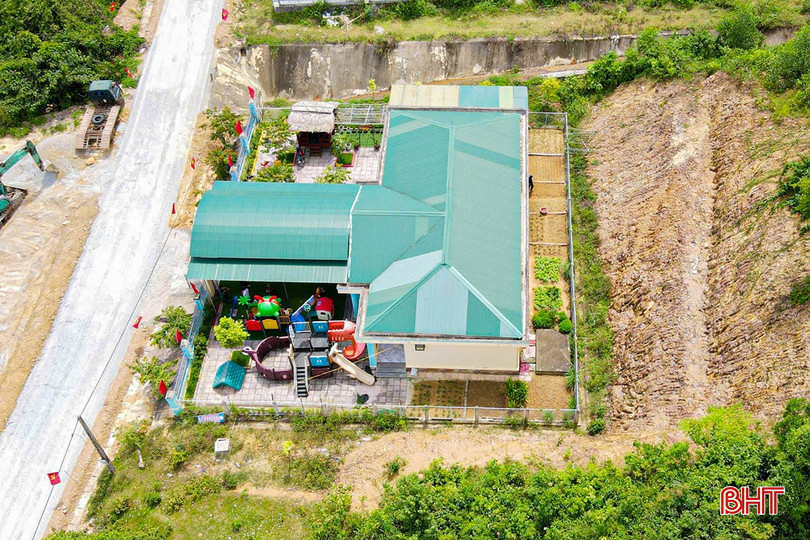
At the Rao Tre village combined class (belonging to Huong Lien Kindergarten), teachers Hoang Thi Huong (born in 1975, Phuc Trach commune) and Phan Thi Hoai Mo (born in 1994, Huong Khe commune) are still persistently sowing each letter and taking care of 19 Chut ethnic children, helping them not to be left behind in the development flow of society.
Ms. Hoang Thi Huong has been in the village for 24 years, and Ms. Nguyen Thi Mo - the younger companion - has also grown up with the children through each school year. Two teachers, a mixed class of 3 age groups (3-5 years old) and a small village that is gradually changing.
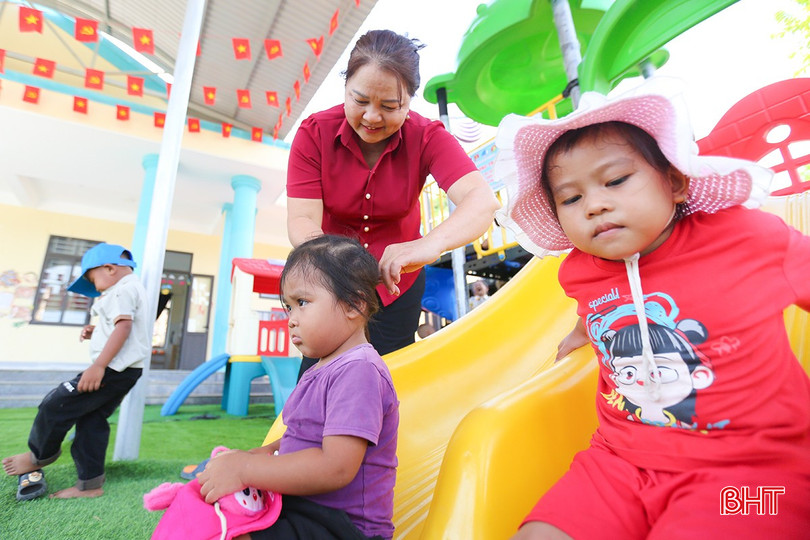
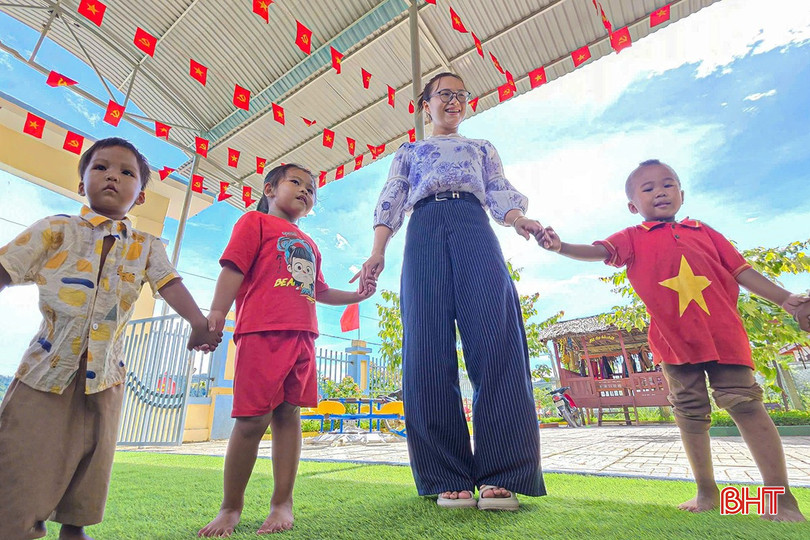
Change does not come from big things, but from the fact that today the child knows how to call “teacher” in Mandarin. Tomorrow, he can eat by himself without being reminded. Then he can recite a poem, fold a handkerchief neatly, or confidently wave goodbye to a friend. Those seemingly small things in the beloved “Chut village” are a whole journey.
The 19 children are all children of the Chut ethnic group - a small ethnic minority, who used to live separately, with their own language and traditional lifestyle. Up to now, the village has roads, electricity, and phone signals, but studying is still a strange thing for many elderly parents and language is still a silent barrier. Some children cannot speak Mandarin fluently when entering class. Some children are afraid of class, shy, clinging to the teacher's shirt for the first week. Some children come to class but do not eat or sleep, just because they miss their mother. And there are parents who do not want their children to go to school because they think: "It's fine to stay at home with grandparents...".
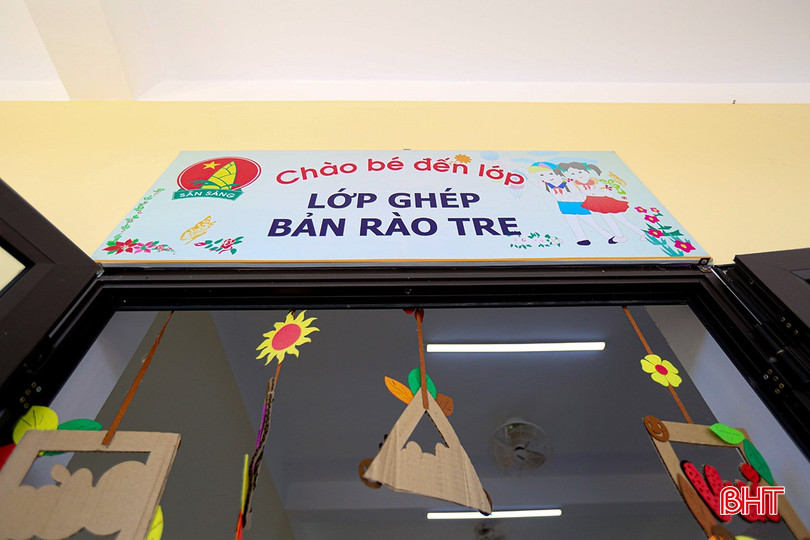
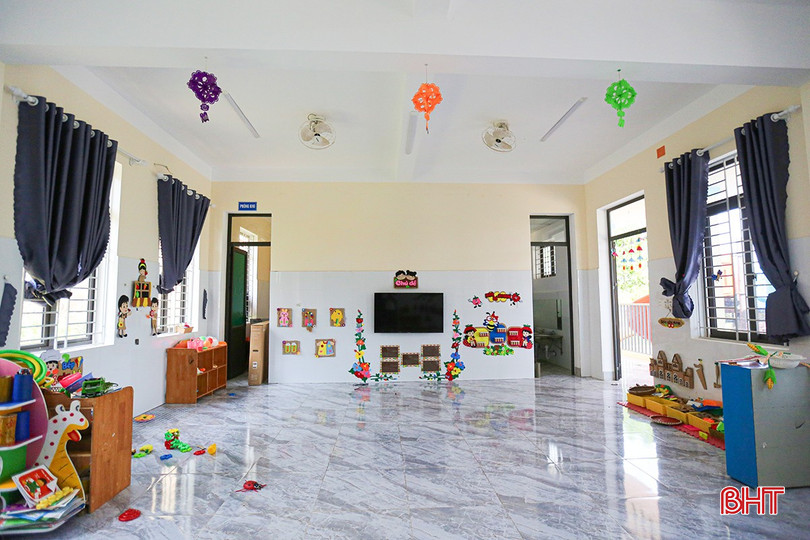
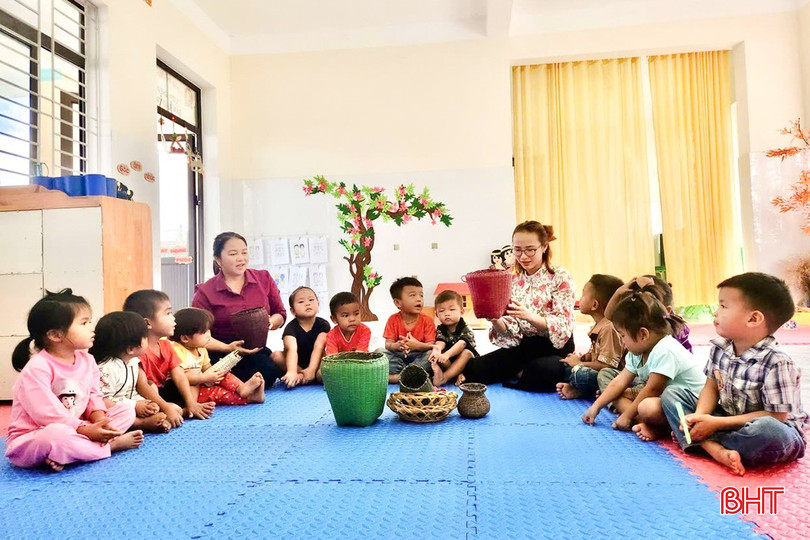
4-5 year old children in Rao Tre village have gradually become familiar with Vietnamese, but 2 year old children still have difficulty in acquiring the common language when they go to school. To support them, teachers often teach Vietnamese through visual images, taking advantage of lunch breaks or outdoor activities to create a comfortable and close learning environment.
“As a result of many generations of incestuous marriages, most children here are not as agile as children in the lowlands, requiring teachers to be especially patient and flexible in their teaching methods. Previously, the school was makeshift and lacked a gate, making it easy for many children to go home in the middle of class. However, now the school has been invested in more spaciously, and teaching is also organized flexibly with separate groups,” said Ms. Hoang Thi Huong.
Every day, Ms. Huong and Ms. Mo come to class early in the morning to prepare the lunch, a task no less important than teaching the children how to read and write, because for many children, they only get to eat enough nutritious food when they... go to school.
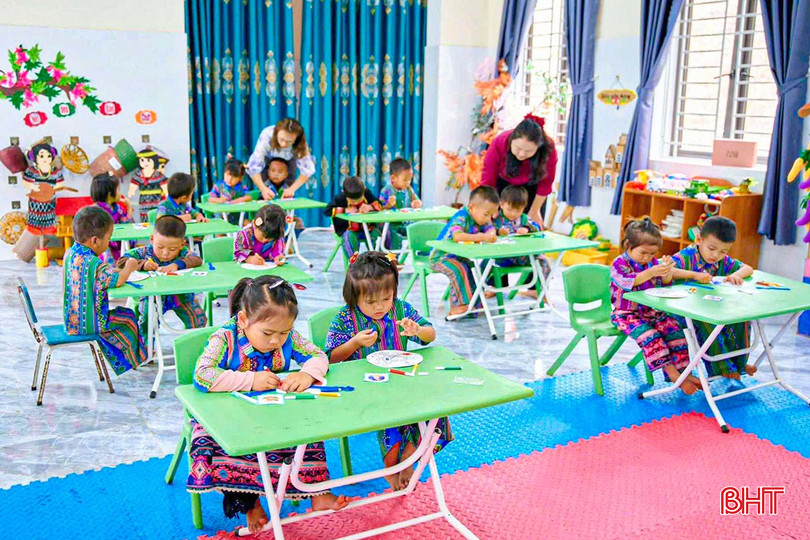
Rice, soup, eggs, meat, vegetables…, all are carefully prepared by the teachers. When there are children who are picky eaters, the teachers sit next to them and coax them to eat spoon by spoon. When there are sick children, the teachers monitor them closely. The children come to class not only to learn but also to be loved in the truest sense.
After many years of working together, the thing that makes the teachers happiest is not the competition results or titles, but when parents proactively say, "Remember to pick up your child from school tomorrow," when children boast, "I know the poem," when a once shy child dares to stand and sing in the middle of the class, his eyes shining like the sunlight of the forest. In the mountains, such achievements do not come in a month or a semester, but are the crystallization of years of perseverance. There is no scoreboard that can measure them.
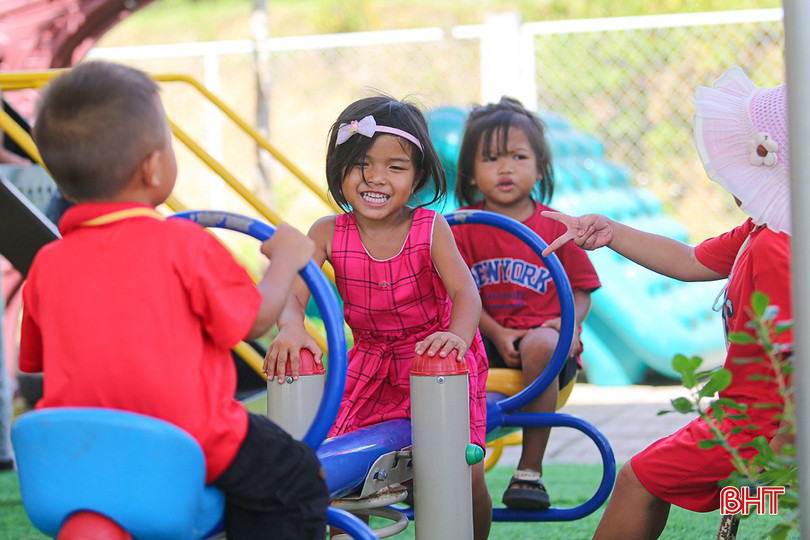
Ms. Mo shared: “Here, children need me. And I also need them to see that I am still useful. The road to the village is very difficult, both in the dry season and the rainy season, it is equally challenging. I volunteer to stay with the Chut ethnic children, because the greatest joy is to see them progress every day, despite many difficulties. 100% of the people here are Chut ethnic, transportation is limited, awareness of education is still low. To mobilize parents to send their children to class, we have to coordinate with border guards to propagate, gradually creating trust. Every morning, we go to each house to wake the children up, then take care of them like our own children.”
The attention of the school board and local leaders has become a solid support on the journey of spreading knowledge in Rao Tre village. Together on the arduous roads, they have contributed to improving the road system, making travel no longer a big obstacle as before. In recent years, the way to class has become much easier. Innovative educational methods, close to children, seeing teachers as companions have helped children become more confident, absorb knowledge effectively, gradually eliminating their initial shyness and hesitation.
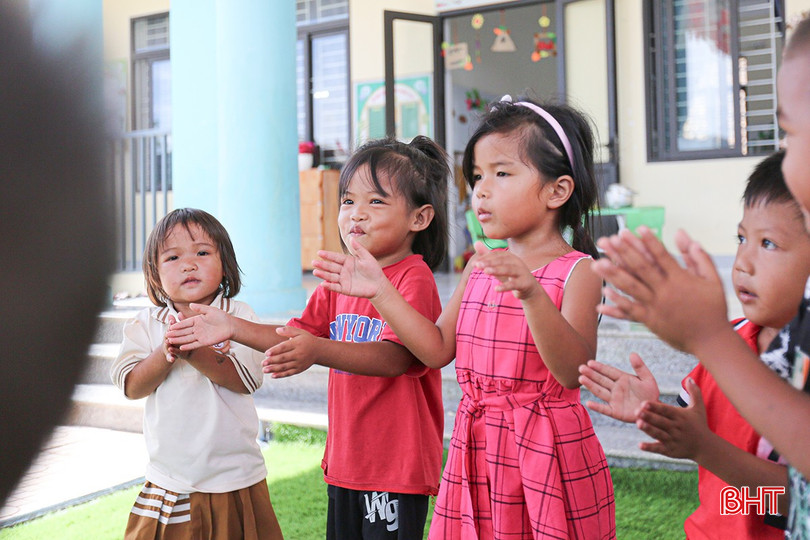
Support from the Party, the State and all levels and sectors has brought about remarkable changes in the lives of the Chut ethnic people. People have gradually become familiar with agricultural production, and their lives have become more stable and prosperous. At the school, children can play, study and integrate like children in the lowlands, opening up a brighter future for the small community in the mountains and forests of Ha Tinh.
Teaching children in the highlands is already difficult, but for the Chut community, maintaining education is even more difficult due to language barriers, economic conditions and limited educational awareness. At the beginning of each school year, the locality mobilizes social resources, integrates support policies to give rice, build houses, organize traditional programs to help unite the community and encourage children to go to school.
Thanks to the attention of the Party, the State, all levels of the sector, the Fatherland Front, the Ban Giang Border Guard Station and the Rao Tre Working Group, the people's lives have had many positive changes. Children are able to study fully, houses are solid, have electricity, clean water, and more importantly, people are gradually aware of the harmful effects of incestuous marriage - an issue that used to be a major obstacle for the community. From an isolated village, Rao Tre is gradually integrating into the common life of society.
Source: https://baohatinh.vn/sang-nao-cac-co-cung-den-tung-nha-dua-tre-den-truong-post295650.html








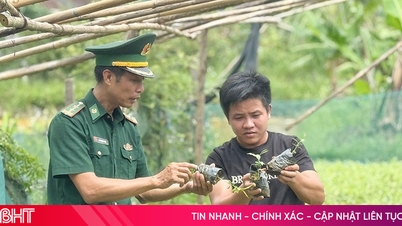

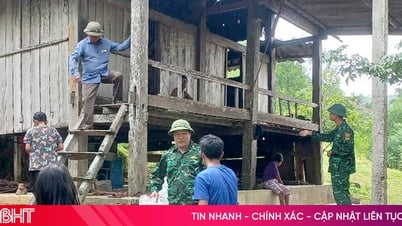

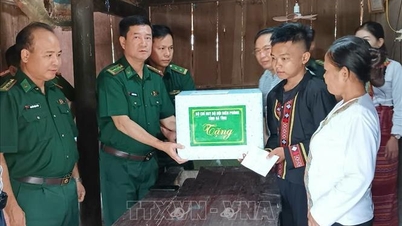




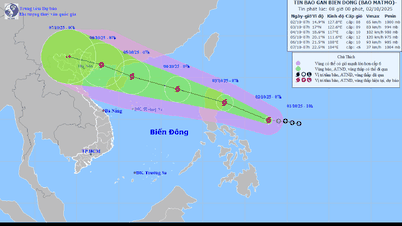























































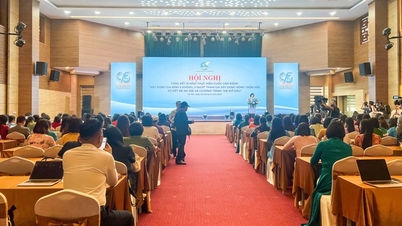






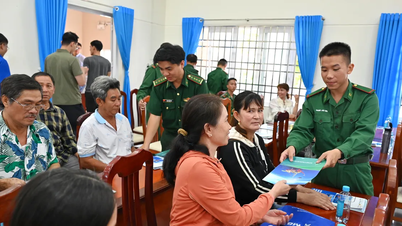
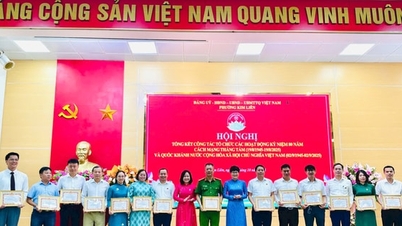
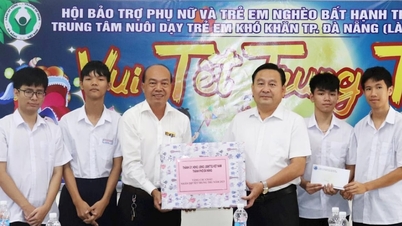
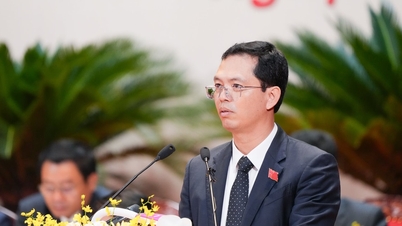














Comment (0)